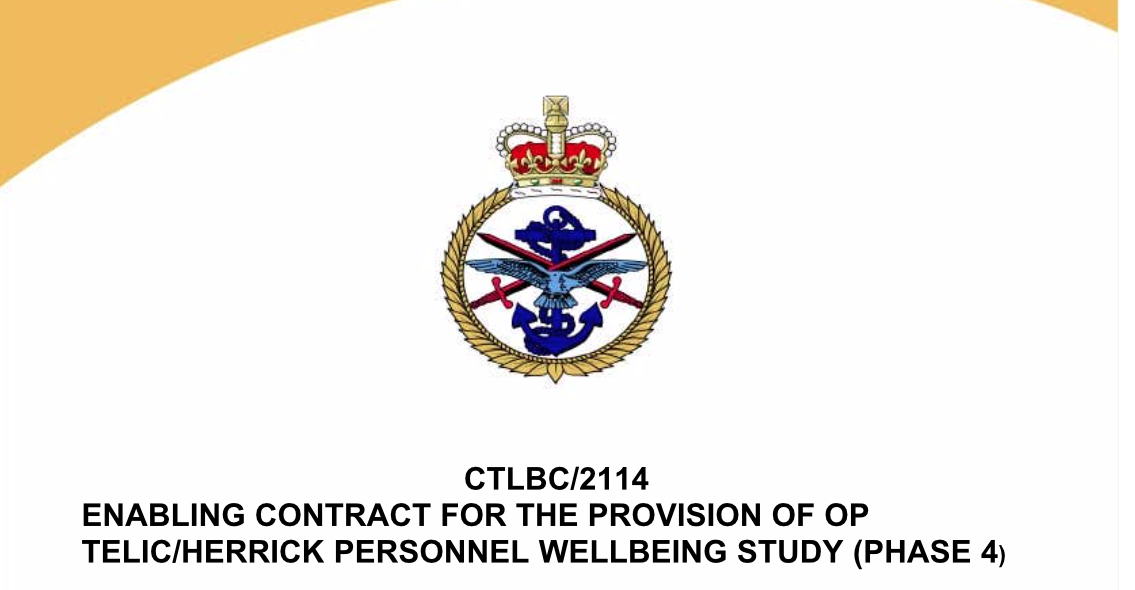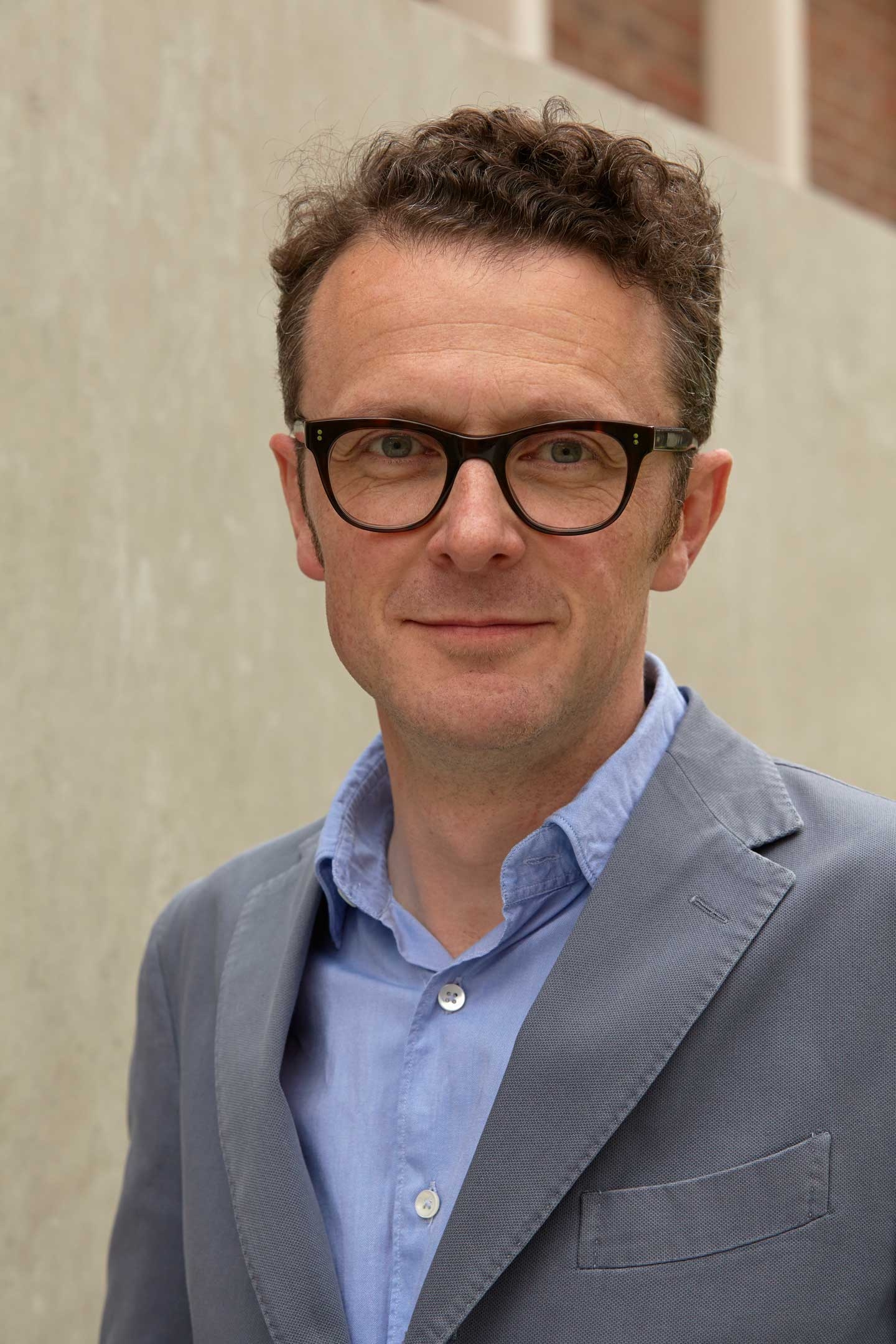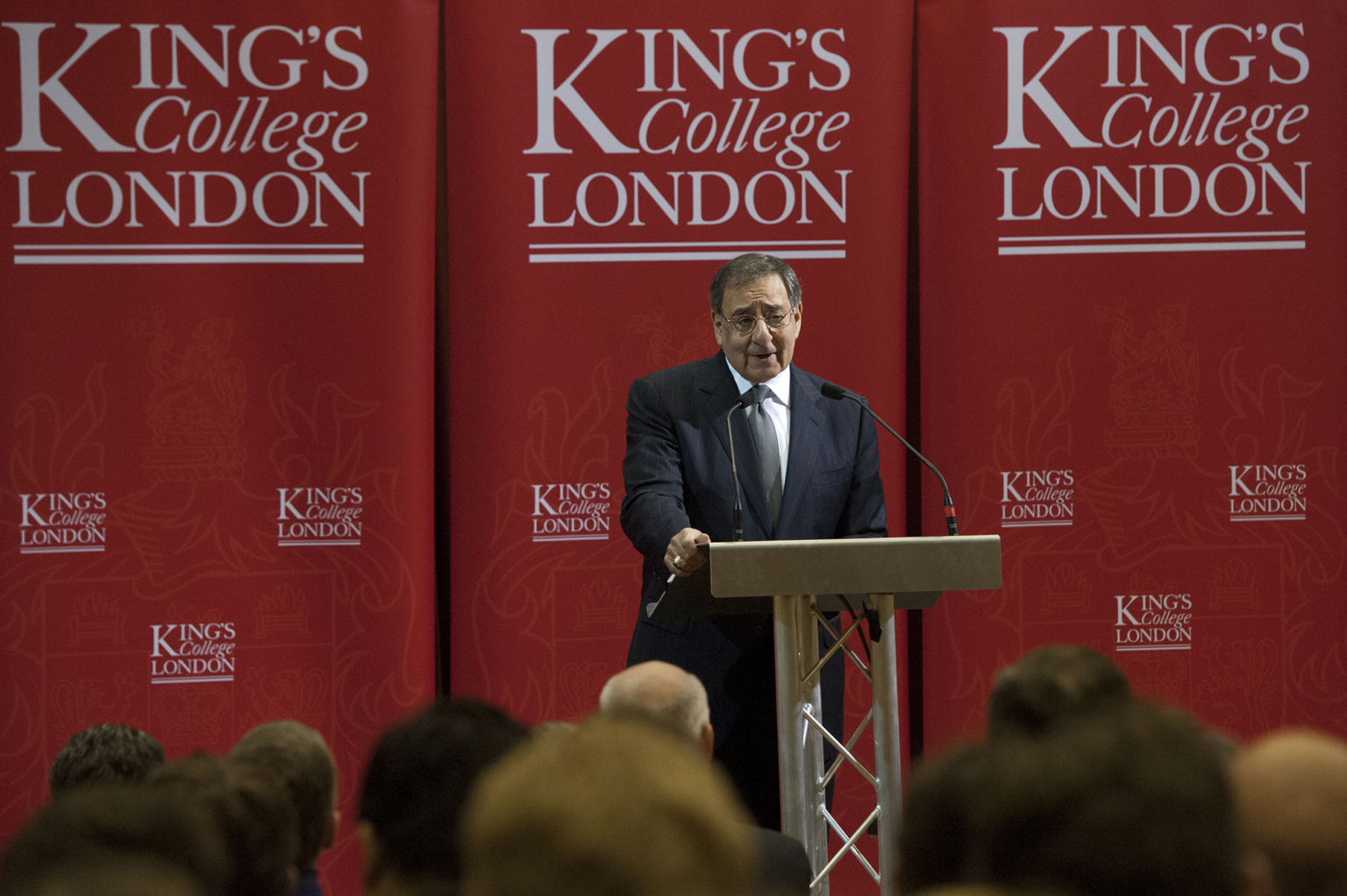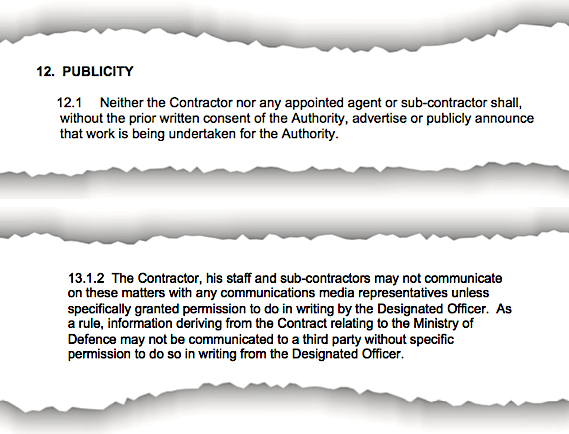On Wednesday the U.S. will challenge its grounds to appeal medical evidence that led to the denial of Julian Assange’s extradition. But there are conflicts of interests with U.S. witness Dr. Nigel Blackwood, who claimed Assange’s suicide risk is “manageable.”

Old Bailey (Wikimedia Commons)
A hearing is scheduled for 10:30 am BST at the Royal Courts of Justice in London on Wednesday where lawyers for the United States will argue that it should be able to appeal the medical evidence that formed part of January’s decision by District Judge Vanessa Baraitser to reject the U.S. request to extradite WikiLeaks publisher Julian Assange. (Consortium News will cover the hearing via remote video access to the courtroom.)
Baraitser ruled largely on the testimony of defense witness Dr. Michael Kopelman that Assange was at high risk of committing suicide if he were to be extradited. When the High Court accepted the U.S. application for appeal last month it did not permit the U.S. to challenge the medical evidence. At the hearing on Tuesday the U.S. will argue that it should be allowed to as part of its appeal.
For its part, during September’s extradition hearing, the U.S. relied on the medical testimony of Dr. Nigel Blackwood who said Assange’s depression was only “moderate” and that his risk of suicide was “manageable,” assertions rejected by Baraitser, which the US. wants the High Court ultimately to accept. Blackwood, it turned out, has ties to both the British and U.S. governments, as this article first published on Consortium News last October points out.
By Matt Kennard and Mark Curtis
Declassified UK
Oct. 2, 2020

 One of the U.S. prosecution’s key medical witnesses in the Julian Assange hearing, who claimed that Assange’s risk of suicide is “manageable” if extradited to the U.S., works for an academic institute that is funded by the U.K. Ministry of Defence and linked to the U.S. Department of Defense, it can be revealed.
One of the U.S. prosecution’s key medical witnesses in the Julian Assange hearing, who claimed that Assange’s risk of suicide is “manageable” if extradited to the U.S., works for an academic institute that is funded by the U.K. Ministry of Defence and linked to the U.S. Department of Defense, it can be revealed.
Dr. Nigel Blackwood, a reader in forensic psychiatry at King’s College London (KCL), told the extradition hearing in London last week that Julian Assange was suffering only “moderate” depression.
Giving evidence as an expert witness for the U.S. prosecution, Dr. Blackwood rebutted other experts’ findings on the seriousness of Assange’s condition, adding his suicide risk was “manageable.” He told the court: “Mr. Assange has proved himself to be a very resilient and very resourceful man and he has underplayed that.”
At the request of U.S. prosecution lawyers, Dr. Blackwood examined Assange during two meetings in March. In his written submission to the court, he said that it would “not be unjust” to extradite Assange to the U.S.
Declassified has discovered that Dr. Blackwood’s professional work at KCL is linked to a cluster of academic groups which are funded by or associated with the British and American militaries.
Declassified has seen a contract showing that the Ministry of Defence (MOD) provided more than £2-million to KCL’s Institute of Psychiatry for the years 2013-16 for a project which KCL is forbidden to mention in public without MOD approval. It is likely the contract has been renewed and is still active.

Contract between King’s College London’s Institute of Psychiatry and U.K. Ministry of Defence.
The project is managed “on behalf of the Secretary of State for Defence” and is for Phase 4 of a “wellbeing” study of veterans of Britain’s recent military campaigns in Iraq and Afghanistan. Seeking to “inform MOD decision making,” the project began in 2003.
The value of the first three phases of the contract is not known but if the Institute of Psychiatry received a similar level of funding for phase 4 as they had previously, the total contract value would be over £8-million. A spokesperson for the institute refused Declassified’s request to divulge the amount of funding from the MOD.
Dr. Blackwood works in the Department of Forensic and Neurodevelopmental Sciences which is part of KCL’s Institute of Psychiatry, Psychology and Neuroscience. He told Declassified he was aware of MOD funding the institute in which he works, but said he had never personally worked on an MOD contract.
Asked by Declassified if he declared any conflicts of interest to the hearing, Blackwood responded, “I had no conflicts to declare.”
However, Declassified has found that the Forensic Research Group (FRG) that Dr. Blackwood heads at KCL — and which “explores the complex relationship between mental disorders and crime” — is conducting research which uses data from Phase 3 of the MOD-funded project.
In addition, the Forensic Research Group works “in collaboration” with the King’s Centre for Military Health Research (KCMHR) which is part funded by the MOD and was “originally funded by the US Department of Defense.” A KCMHR webpage, which is undated, states that “latterly” the Centre is being funded by the Department of Defense “again.”

Dr. Nigel Blackwood, a reader in forensic psychiatry at King’s College London, who was a U.S. prosecution medical witness in the Julian Assange extradition hearing. (King’s College London)
US Department of Defense
The King’s College website states that the KCMHR is “the leading civilian UK centre of excellence for military health research and independent of the UK Ministry of Defence.” The Centre notes that it also “collaborates” with the U.K. Ministry of Justice and the U.S. Department of Defense.
The KCMHR is a “joint initiative between the Institute of Psychiatry and the Department of War Studies and makes significant contributions to UK military personnel policy,” the university website states.
KCL’s Departments of War Studies and Defence Studies “have a number of contracts/agreements with various departments within government, including the Cabinet Office, the Foreign and Commonwealth Office, and the Ministry of Defence,” according to a response to a Freedom of Information Act request sent to KCL by Declassified.
- U.S. prosecution witness works at Institute of Psychiatry funded by U.K. military although is not personally funded by it.
- Witness leads research group which works “in collaboration” with centre set up with U.S. Department of Defense funding.
- He co-leads the group with academic whose work is often funded by U.K. military.
- Institute’s partner department is closely linked to the Anglo-American military and intelligence communities and created a course for British intelligence officers on behalf of the U.K. government.
- Responding to Declassified, witness says: “I had no conflicts [of interest] to declare.”
- Revelations come following end of Old Bailey hearing on Assange’s U.S. extradition.
However, “more specific information” on the contracts themselves was withheld by KCL because “the majority of contracts are listed as classified under UK security legislation. This means we are not permitted to disclose details, since they predominantly involve areas either directly or pertaining to the UK security services.”
The university also said disclosure would damage its commercial opportunities. “Two of the largest contracts [with the U.K. government] are due for renewal in the next 12 months and will go to open tender,” it explained.
U.S. Defence Secretary Leon Panetta visited King’s College War Studies Department in 2013, saying: “I deeply appreciate the work that you do to train and to educate our future national security leaders, many of whom are in this audience.”
Panetta, who also served as director of the CIA from 2009 to 2011, recently said in an interview that the purpose of prosecuting Assange was to stop other journalists revealing information about the U.S. government: “All you can do is hope that you can ultimately take action against those that were involved in revealing that information so you can send a message to others not to do the same thing.”

U.S. Secretary of Defence Leon Panetta at Kings College in London, Jan. 18, 2013. (DoD/Erin A. Kirk-Cuomo)
One of the two co-directors of the KCHMR, which collaborates with Dr. Blackwood’s Forensic Research Group, is Nicola Fear, a professor of epidemiology and a former MOD staffer who is on the study team working on the MOD “wellbeing” project.
According to the Centre, Professor Fear “leads several studies… which have been awarded funding from the UK Ministry of Defence and the US Department of Defense.”
One recent project led by Professor Fear for the KCHMR which was funded by the U.S. Department of Defense studies how the military deployments of parents affect children’s emotional development.
A biography of Professor Fear notes that “Nicola frequently briefs senior government officials and military leaders on the work of KCMHR and the impact of service life on personnel, veterans and families.” From 2014-15, she worked on a U.S. Army contract.
Declassified has also discovered other KCMHR projects funded by the U.S. Department of Defense. Different KCL researchers have received funding from the U.S. Office of Naval Research for a project which “examined the political, social, and the strategic dimension of cyber security.”
The KCMHR’s other co-director is the vice dean of Academic Psychiatry, Professor Sir Simon Wessely, who is one of the “approved” researchers on the MOD “wellbeing” contract.
The KCHMR has been developing data-sharing links with colleagues in the U.S., according to the university’s webpage. “We want to make increasing use of the possibilities of electronic data linkage, reflecting the fact that the UK and US have been fighting the same war,” Professor Wessely is quoted as saying.
Wessely and Fear are two of the four members of the “senior team” of KCL’s Academic Department of Military Mental Health (ADMMH) which, according to KCL’s website, appears to be funded solely by the MOD. The ADMMH “works directly” with the KCMHR, with whom it shares a research policy, and has “both academic and military personnel seconded to the unit.”
The other two senior members of the ADMMH, Lt. Col Norman Jones and Major Amos Simms, are both serving U.K. military personnel.
The ADMMH says its “mission is to act as the uniformed focus for military mental health research” for the U.K. military. It adds: “The centre aims to gather, assess and report on information that will enhance the health and operational effectiveness of the United Kingdom’s Armed Forces.”

Slide from presentation by Nicola Fear, co-director of the King’s Centre for Military Health Research, advertising the centre’s U.S. Department of Defense-funded study on the children of military personnel.
Forensic Research
Dr. Blackwood told Declassified he had never personally worked with the KCMHR, adding that his “colleague” has “worked with” the centre examining post-traumatic stress disorder (PTSD) in the ex-service population.
That colleague, Dr. Deirdre MacManus, is the co-team leader with Dr. Blackwood of the Forensic Research Group and — according to the KCL website — a member of the KCMHR team. She is also part of the study team working on the MOD “wellbeing” contract.
MacManus, a clinical senior lecturer in forensic psychiatry, has been funded directly by the U.K. military to produce research. MacManus also appears to have published a number of outputsproduced from the MOD “wellbeing” contract alongside academic papers co-authored with, among others, a serving member of the British army.
Dr. MacManus and Dr. Blackwood co-authored an academic paper in September 2019 on the subject of PTSD in prisons, which “identified significant associations between PTSD and suicidality.” This was a subject on which Blackwood gave evidence to the Assange hearing.
Intelligence Training
The War Studies Department at KCL, which co-founded the KCMHR with the Institute of Psychiatry, is also linked to the U.K. and U.S. intelligence community.
The Department was in the mid-2000s commissioned by the “professional head of intelligence analysis” — working within the Cabinet Office’s Intelligence and Security Secretariat — “to develop a course for experienced [intelligence] analysts” in order to “enhance the analytic capability of the United Kingdom’s intelligence community.”
A study titled “Teaching Intelligence Analysts in the UK” and published in the U.S. Central Intelligence Agency (CIA)’s in-house journal, notes that: “Exposure to an academic environment, such as the Department of War Studies at King’s College London, can add several elements that may be harder to provide within the government system.”
Co-written by David Omand — a former director of the U.K.’s largest intelligence agency, GCHQ, who teaches on KCL’s War Studies course — the article notes that “the CIA had recognized as early as 1960 how beneficial it would be to use universities as a means of intelligence training.”
The paper continues by noting that KCL “offers a containing space in which analysts from every part of the [intelligence] community can explore with each other the interplay of ideas about their profession.”

David Omand, ex-head of British intelligence agency GCHQ and now a visiting professor at King’s College London. (Creative Commons)
The Department of War Studies is currently home to a number of personnel connected to the U.S. military and intelligence community.
The university also runs a cross-department centre — called the Academic Centre of Excellence in Cybersecurity Research — which brings King’s College academics together to look at the “socio-technical aspects of cyber security.” The body runs “in association” with the National Cyber Security Centre, an arm of GCHQ.
Consent of the MOD
The contract seen by Declassified is made out between the “Secretary of State for Defence” and the “Institute of Psychiatry, King’s College London.” Worth £2.17-million, Phase 4 of the project ran from February 2013 to January 2016. Earlier phases were renewed in 2006 and 2010.
The Institute for Psychiatry refused to disclose to Declassified the total level of funding provided by the MOD, saying that the university’s “web pages are very comprehensive and should help with your queries.” KCL’s website does not appear to provide such details.
The contract stipulates that KCL cannot “without the prior written consent of the [MOD], advertise or publicly announce that work is being undertaken for the [MOD].” It adds that KCL researchers “may not communicate on these matters with any communications media representatives” unless they are granted written permission by the MOD.
Declassified searched the British government’s contract database and could find no other contract between the MOD and a department of psychiatry in the U.K.
The contract states that “the Ministry of Defence did not expect, and was unprepared for, the criticism that arose some years after the 1991 Gulf conflict over the so-called ‘Gulf War Syndrome.’ ” The project’s purpose is to “have early warning of any similar problem arising from the invasion of Iraq in 2003, and to be in a position to respond appropriately with targeted medical research.”

Excerpts from contract between King’s College’s Institute of Psychiatry and U.K. Ministry of Defence.
Funding of the Forensic Research Group
Dr. Blackwood told Declassified his Forensic Research Group at King’s College had never received funding, directly or indirectly, from the MOD.
The group does, however, receive funds from organisations associated with the British military. One of its six listed funders is Help for Heroes, which supports wounded military personnel. The organisation receives funds from the Armed Forces Covenant Fund Trust, an MOD-fundedcharity that was until 2018 based inside the ministry.
Another funder of the Forensic Research Group is the Forces in Mind Trust (FIMT), which supports former British military personnel. The chair of FIMT’s board, Hans Pung, is president of RAND Europe and a former U.S. army officer.
Other directors include Major General Martin Rutledge, who served in U.K. military headquarters during the Iraq campaign, and General Sir John McColl, a former deputy commander of NATO.
Matt Kennard is head of investigations, and Mark Curtis is editor, of Declassified UK, an investigative journalism organisation that covers the U.K.’s role in the world.
This article is from Declassified UK. Follow Declassified on Twitter, Facebook and YouTube. Sign up to receive Declassified’s monthly newsletter here.
Please Contribute to Consortium News’
Summer Fall Fund Drive



war mongers rule the planet as it burns into oblivion.
Oh yes. According to filth like this guy the agony of torture is “manageable”. I’d like to see HIM manage it, if it were practiced on HIM.
Leon Panetta former CIA director: “All you can do is hope that you can ultimately take action against those that were involved in revealing that information so you can send a message to others not to do the same thing.”
As we all should know by now, this case is all about the message, and just as with Cuba for the last 60-plus years, the wellbeing of eleven million people is not even a factor; the message is literal, barbaric realpolitik enforcement. Clandestine governments’ ‘hope’ is not based in humanitarian democracy.
Unlike the insect that he has been all his life, a degenerate individual politician – in all senses of the word, in later life does not suddenly metamorphose, after he is appointed to, and enters the national security governments Oval Office cocoon – into a progressive butterfly.
Manageable means plausibly deniable.
Unfortunately I think the US will take him and kill him, such is their current level of determined depravity.
TEP.
“ Dr. Nigel Blackwood, a reader in forensic psychiatry at King’s College London (KCL), told the extradition hearing in London last week that Julian Assange was suffering only “moderate” depression. …”
“Reader” is underlined with a gray shallow.
What is the definition or practical meaning of “reader” in context of this sentence, the article and relevance for the work the “reader” did in his examination and report to the court?
dennis hanna
To read a subject in Britain is the same as to study or major in, in the US. A “reader” is a senior academic rank at a British university.
Thank you.
Regius Professor Sir Simon Wessely. Why am I not surprised to see his slimy fingers stuck in this pie. His opinions, like so many other UK psychiatrists and other academic researchers, are always for sale to the highest bidder. Which of course means the military and the biggest corporate parasites like insurance companies.
UK folks may have heard of the 1988 Camelford water pollution incident, where a worker accidentally dumped aluminum sulfate into the wrong tank. Even though the basic facts were not in dispute, the government tried to cover up immense harm caused to 25,000 people and 40,000 animals, and Sir Simon was there to help by writing in the BMJ:
“mass hysteria was largely responsible for the furore”
I could give many other examples, like his claims about Gulf War Illness, Fibromyalgia, Myalgic Encephalomyelitis, so-called Medically Unexplained Symptoms, etc. He is already pontificating on Long Covid. Whatever he says, ignore it.
To Sir Simon and the rest of the psychobabble brigade, every poorly-understood chronic illness is “psychosomatic” and successfully treated with Graded Exercise Therapy (GET) and magic Cognitive Behavioral Therapy (CBT). No doubt he would prescribe these “treatments” to Julian as well, instead of the obvious treatment of stop the torture and release him from prison.
My point is that the people mentioned in the article are part of a deeply entrenched club connected to both the UK and US. The same people gave us garbage like the “cancer personality” to defend cigarettes. Their “cousins” in psychology designed the CIA torture programs. Other medical “cousins” developed biological weapons that were dumped on Korea. (That is why China responded to the virus as if it were a military attack.)
If Nuremberg Tribunals ever come back into existence, plenty of psychiatrists would certainly be in the dock along with all the other “Just Following Orders” that have inflicted so much suffering on the world in recent decades.
Please ask for comments from Sir Rick Trainor, Exeter College, Oxford, who invited Panetta.
“Manageable” for the CIA means “guaranteed”.
“One of the U.S. prosecution’s key medical witnesses… claimed that Assange’s risk of suicide is “manageable…’”
What better evidence do we need to prove that the State wants to kill him?